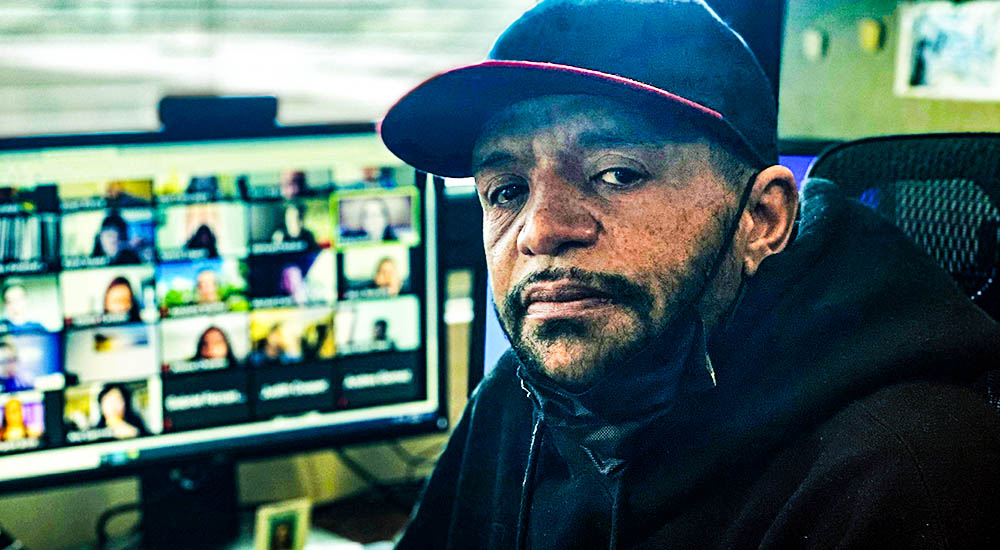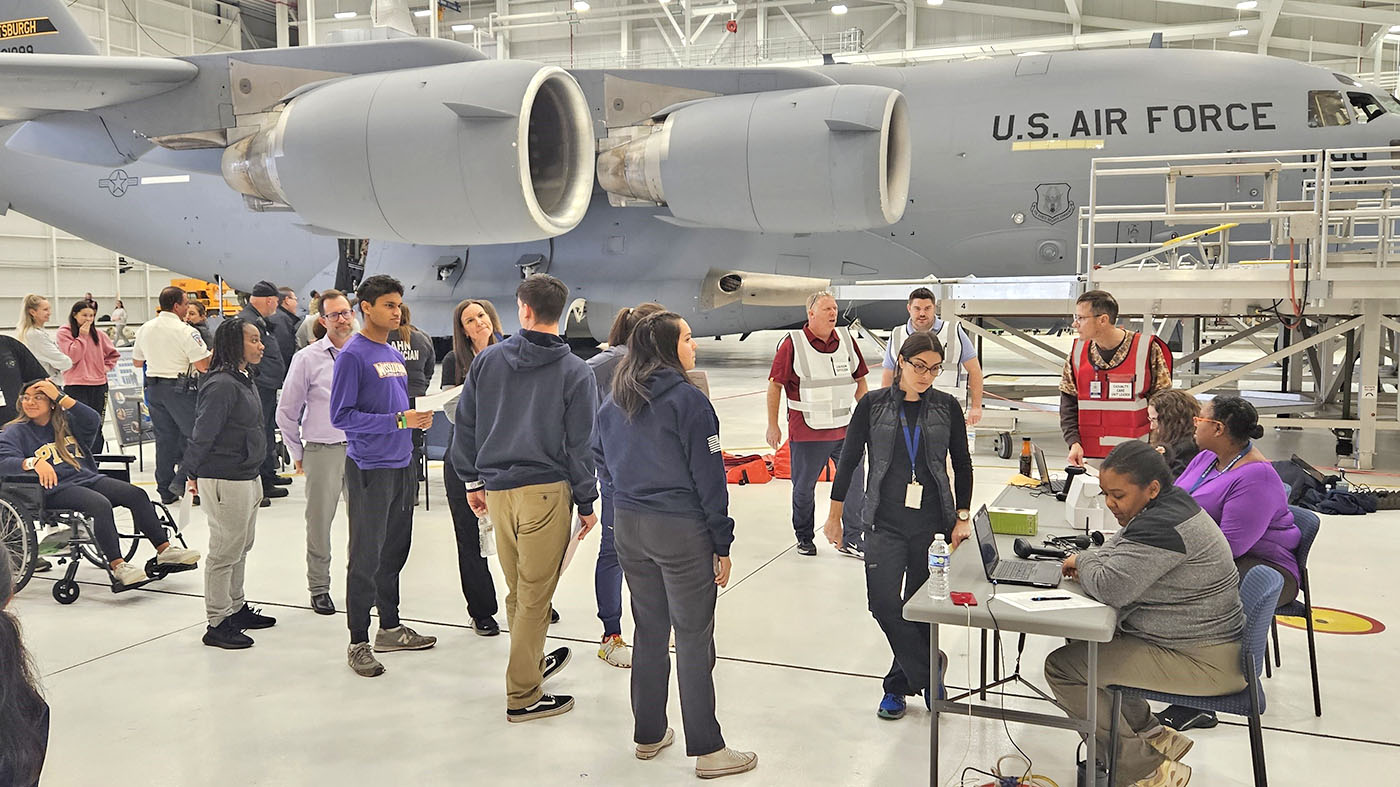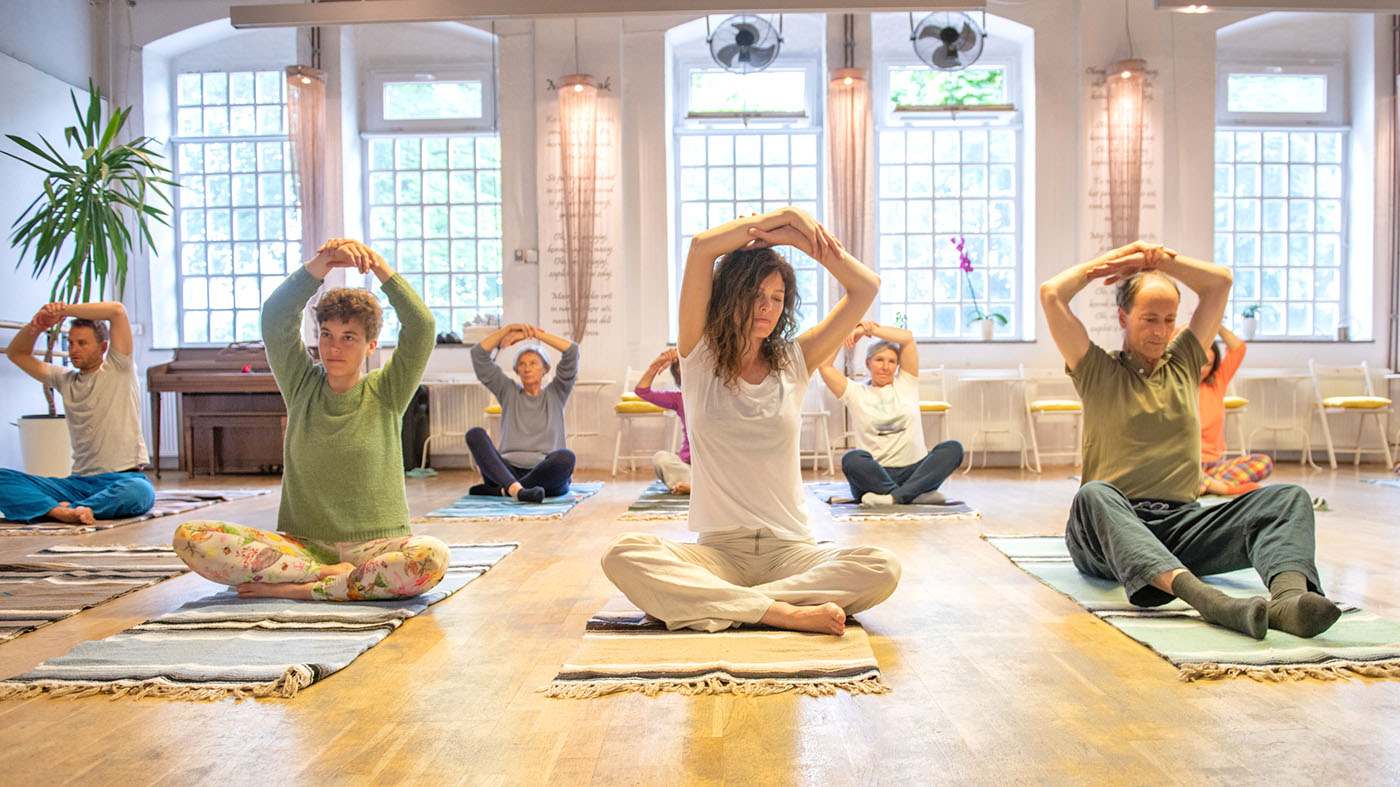The COVID-19 pandemic has left few lives untouched, including those of many Veterans who have experienced its impacts. It has drastically altered everyone’s daily routines and tested our collective ability to roll with the punches and adapt to uncertainty.
VA is offering virtual group therapy through several VA facilities. The therapy implements new guidelines to prevent COVID-19 infection while providing Veterans with the care they need.
Created by the VA CONNECT (“Caring for Our Nation’s Needs Electronically during the COVID-19 Transition”) team, an online group therapy program helps Veterans create an action plan to cope with the unique stressors stemming from the pandemic.
Kicking off in June, this program was created to help ease the feelings of isolation, depression, grief and stress related to shutdowns, physical distancing and rising rates of infection. Many Veterans expressed feeling anxious about keeping their jobs and securing food. Some were not leaving their home at all.
Weekly virtual walking group requested by participants
The program follows the VA CONNECT manual: performed according to specific guidelines for consistent application across VA facilities. It includes 11 online group sessions as well as a workbook with discussion items and handouts. In the pilot, a weekly virtual walking group was added in response to specific requests from the Veteran participants.
Connecting with other Veterans, even at a distance, gave them a much-needed sense of community. It also provided a safe space to find peer support for their mental health issues. The support they provided and received from each other motivated them to make positive changes and strengthened their community bond.
“Relating to my fellow Veterans and talking about experiences and family made me feel less isolated,” one Veteran in the group said. “You don’t have to be alone at home. You can connect to someone like you and talk about everything going on.”
The pilot group helped the program developers continuously improve the therapy manual, based on the Veterans’ reported experiences. The virtual therapy program still consists of 11 sessions, but there are now four additional sessions available for those who wish to continue meeting.
Based on Veteran feedback, the program added a couple of new sessions based on questions and concerns related to vaccination and ways to cope with grief after losing a loved one to COVID-19.
Benefits of pandemic peer support and skills training
Each of the 10 sessions has a different focus. Those include meditation, breathing and relaxation techniques, tips for managing interpersonal relationships, or ways to recognize and cope with emotions. The Veterans have found that even some of the seemingly small things they have learned, like breathing exercises, have dramatically improved their quality of life.
The sessions also allow an open exchange of ideas and recommendations among group members, creating free-flowing conversations that help members feel more at ease with the group and re-create the camaraderie of a military unit. Other positive results of the groups include:
- Improved mental health among Veterans with depression and anxiety. The Veterans have said the anxiety they felt when joining the group was eased a bit more with each session. One participant experienced major depression in the two years before the pandemic. She said the group left her in a better, less anxious place, even though the pandemic continued.
- Connections among Veterans who are geographically separated. A definite benefit of the online setting is that group members can participate from anywhere.
- Deeper insights into members’ living situations. The remote setting gives members and clinicians an intimate glimpse of a person’s home life. This can allow for greater understanding than is possible with traditional outpatient therapy when it comes to discussing mental health challenges and treatments.
When asked what she had personally gained from the group, one Marine Corps Veteran explained that she had been missing the fearless part of herself, the part that moved her to join the Marines in the first place.
“I wanted to take those characteristics and apply that fearlessness to the person I am now. And this group has helped me be that person again.”
Take the next step
Virtual groups can be created across the nation and tailored to best fit the needs of the Veterans participating. Many VA medical centers offer other types of virtual support groups as well. If you’re interested in exploring similar group therapy options, work with your local VA facility to find or create a group that best suits your needs.
The VA CONNECT manual is available to any VA clinician by contacting its developer, Dr. Marianne Goodman at marianne.goodman@va.gov.
Resources
Veterans can find a local VA provider by using the VA facility locator. The following resources offer more information about the pilot virtual therapy group and its inception. They also provide ways to alleviate mental health conditions exacerbated by COVID-19:
- Read the article “No Community Left Behind: A Call for Action During the COVID-19 Pandemic” to learn more about the group’s origins.
- Visit the Transition Resources You Need During COVID-19 webpage to see resources for Veterans who are transitioning to civilian life.
- Visit VA’s coronavirus webpage to learn more about managing mental health conditions during the COVID-19 outbreak.
- Download VA’s COVID Coach app to support self-care and overall mental health.
Marianne Goodman, M.D., is a clinical research physician at the James J. Peters VA Medical Center. She also is deputy director of the Veterans Integrated Service Network (VISN) 2 Mental Illness Research, Education and Clinical Center.
Topics in this story
More Stories
Air Force Veteran Shireta Jones overcomes obstacles with support from VA and adaptive devices to continue her passion for pickleball.
Pittsburgh VA and its partners practice relocating hospitalized patients during disasters and public health emergencies.
VA and Veterans Yoga Project are working together to make more Veterans aware of the benefits of yoga while offering more classes.






